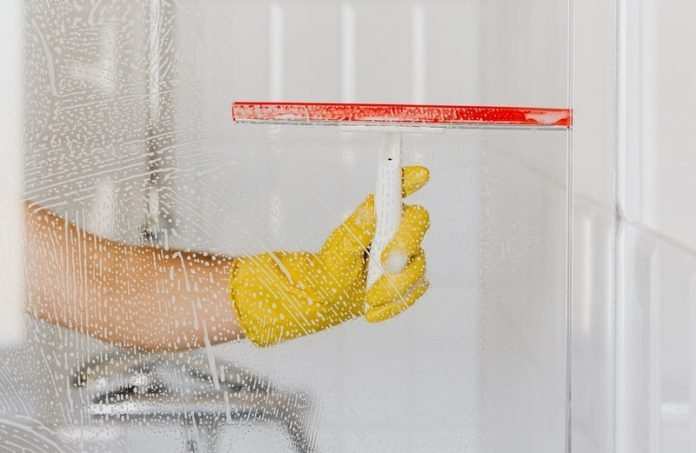
In a new study from the Singapore Institute of Technology, researchers found housework is linked to sharper memory, attention span, and better leg strength, and by extension, greater protection against falls, in older adults.
The findings were independent of other regular recreational and workplace physical activities, and active commuting.
Regular physical activity is good for maintaining optimal physical and mental health. And among older adults, it curbs the risks of long-term conditions, falls, immobility, dependency and death.
In the study, the researchers tested 489 randomly selected adults, aged between 21 and 90, with fewer than 5 underlying conditions and no cognitive issues.
Participants were divided into two age bands: 21-64-year-olds (249; average age 44), classified as ‘younger’; and 65-90-year-olds (240; average age 75), classified as ‘older.’
Participants were quizzed about the intensity and frequency of household chores they regularly did, as well as how many other types of physical activity they engaged in.
Light housework included washing up, dusting, making the bed, hanging out the washing, ironing, tidying up, and cooking.
Heavy housework was defined as window cleaning, changing the bed, vacuuming, washing the floor, and activities such as painting/decorating.
Only around a third (36%; 90) of those in the younger group and only around half (48%;116) of those in the older age group, met the recommended physical activity quota from recreational physical activity alone.
But nearly two-thirds (61%,152 younger; and 66%,159 older) met this target exclusively through housework.
The team showed that housework was associated with sharper mental abilities and better physical capacity. But only among the older age group.
Cognitive scores were 8% and 5% higher, respectively, in those doing high volumes of light or heavy housework compared with those in the low volume groups.
And the intensity of housework was linked to specific cognitive domains.
Specifically, heavy housework was linked to a 14% higher attention score while light housework was associated with 12% and 8% higher short and delayed memory scores, respectively.
Similarly, sit-to-stand time and balance/coordination scores were 8% and 23% faster, respectively, in the high volume group than they were in the low volume group.
But they point to previous research indicating a link between aerobic exercise and improved cognitive function, so the sharper mental agility associated with housework might occur through similar mechanisms, the team suggests.
If you care about cognitive health, please read studies about this hobby can improve cognitive function in older people and findings of these widely used drugs linked to memory loss, cognitive decline.
For more information about cognitive diseases, please see recent studies about new supplements can boost strength and cognition in older people and results showing that doing this may help prevent cognitive decline.
The study is published in BMJ Open. One author of the study is Shuen Yee Lee.
Copyright © 2021 Knowridge Science Report. All rights reserved.



